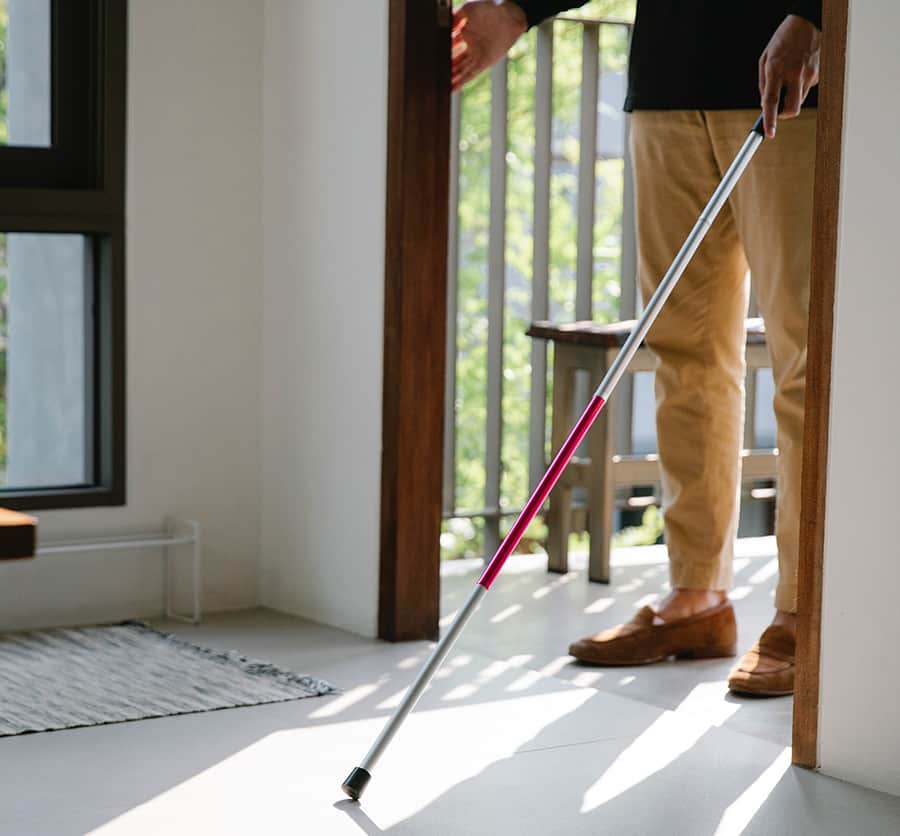Microsoft launches call for low-cost assistive tech innovations to advance access in low-income countries

The Microsoft AI for Accessibility programme is calling for project proposals that advance equitable access to assistive technology in low- and middle-income countries, with the option to incorporate AI.
Innovation applications should empower people with disabilities outside of the US in low and middle-income countries. Microsoft says it will especially welcome innovations and solutions focused on Africa.
Only applications related to low-cost assistive technologies will be considered for funding. All types of organisations across the world are encouraged to apply for their chance to receive funding.
Applications are now open. The deadline to apply is 6:59pm GMT on 4 November 2022.
Selected finalists will be invited to pitch to a review panel during November with an award decision shortly after.
Microsoft first announced its call for proposals on low-cost assistive technologies last year and received an overwhelming response from around the world. It awarded three projects focused on enhancing education for people with disabilities and developing customisable low-cost assistive technology solutions.
With Microsoft’s second Low-Cost Assistive Technology funding round, it seeks technology-powered solutions that help address some of the challenges in low- and middle-income countries (such as internet connectivity problems, policy issues, and ineffective distribution channels) with the goal of enhancing access to assistive technologies around the world.
For this funding round, Microsoft is prioritising scalable solutions for two themes: locally relevant innovation and distribution and support.
Locally relevant innovation refers to applications that consider local relevance such as cost-effectiveness, compatibility with low-cost and simpler devices like basic feature phones, and user experience preferences. Product features and algorithms also need to be tailored according to local circumstances, Microsoft highlights.
In terms of distribution and support, Microsoft is looking for ideas that make it easier for people with disabilities to find products and services and connect with assistive technology providers, innovators and distribution schemes, while also helping innovators and governments to find people with disabilities. This solution could be a marketplace, a plug-in, or something else entirely, the firm notes.
Selected projects will be invited to pitch ideas to a selection committee who will score projects on the following criteria:
- Innovation: the uniqueness of the outcome or approach
- Impact: the expected value and potential impact
- Approach: feasibility and capability to complete the project in 12 months
- Diversity: diversity of the research team and/or target audience along with a clear plan to reach the target audience
- Community: evidence of disability community support and involvement
- Sustainability: evidence of ability to sustain the project post-Microsoft funding/partnership
- Budget: allocation of funds to maximise impact
- Cost: the cost of the solution to the end user
Read more about applying for funding here.
This latest call for assistive technology innovation proposals builds on Microsoft’s commitment to ensuring equitable access to assistive technologies globally – a key part of the firm’s accessibility strategy.
At Microsoft’s 12th Ability Summit, the company revealed that it will be launching a new highly customisable range of adaptive accessories later this year for disabled people who struggle to use a traditional mouse and keyboard setup for their computer or phone.
Launching in autumn 2022, these adaptive controls form an ecosystem that empowers disabled people to customise their own mouse, keyboard inputs and shortcuts in a way that works best for their individual needs.

